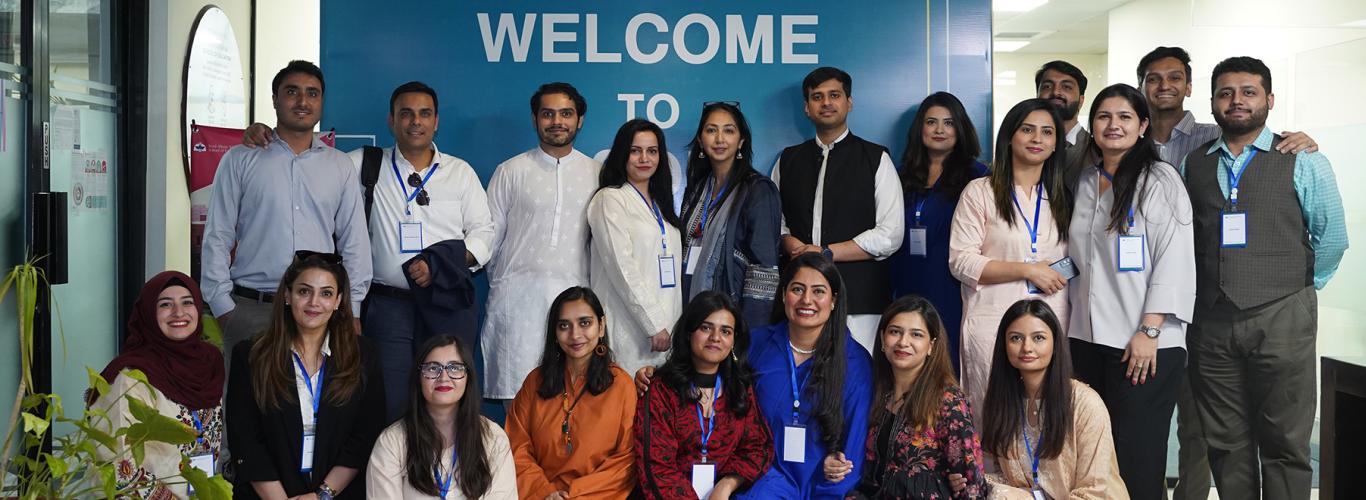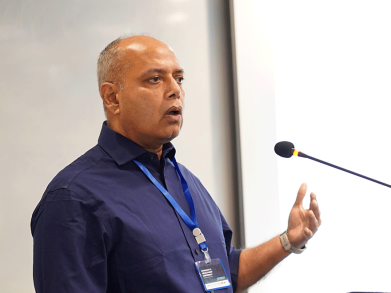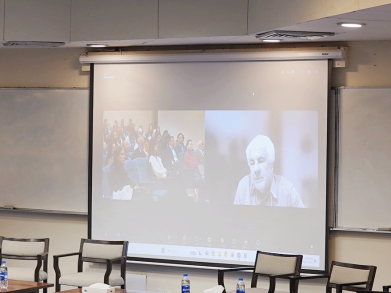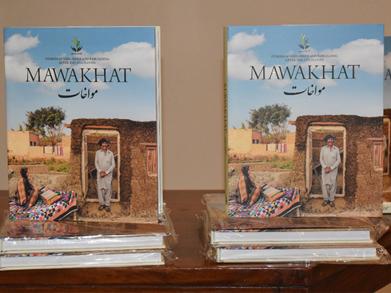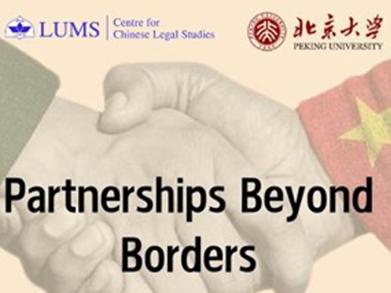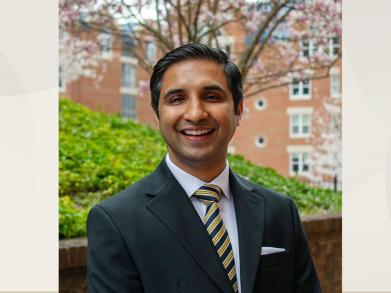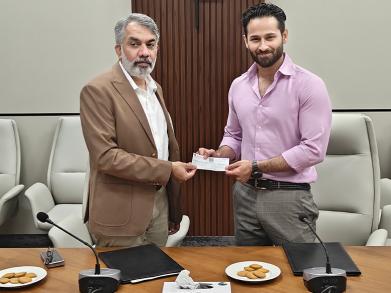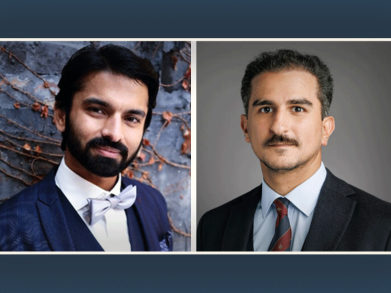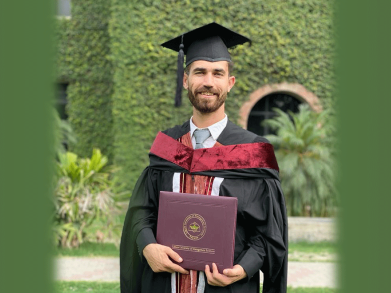LUMS’ School of Education Holds Fourth Practicum Showcase Conference
The Syed Ahsan Ali and Syed Maratib Ali School of Education (SOE) at LUMS hosted its fourth annual Practicum Showcase Conference on May 2, 2025, featuring capstone projects by MPhil Education Leadership and Management students. The showcased work reflected year-long collaborative efforts with partner organisations, addressing real-world challenges in the education sector.
The conference brought together over 400 participants, including faculty members, MPhil students, senior LUMS administration, representatives from partner organisations, and education sector experts. The one-day event featured workshops and a gallery of student presentations across diverse fields such as pedagogy, inclusive education, leadership, educational technology, art education, community development, and early childhood education.
Ms. Jamil called for inclusive and holistic approaches to education that integrate emotion, ethics, and evidence, sharing, “The colonial, factory-model school system wasn’t built for the world we live in today. We need bold, local solutions that speak to our realities. Education must engage the mind, heart, and gut—through strong socio-emotional learning. It’s only through meaningful partnerships between citizens, governments, and institutions like LUMS that we can truly reimagine education for the future."
The conference hosted multiple panel discussions with industry experts exploring pressing challenges in the education sector. The first panel, titled, ‘Educational Challenges for Minority Communities: The Role of Sociocultural Stressors on Students' Academic Performance’ featured Dr. Tayyaba Tamim, Dean of SOE, LUMS; Dr. Mirza Naseer Ahmad Deputy Director of Nazarat Taleem Schools; and Ms. Mary James Gill, Executive Director of the Center for Law & Justice.
The panel discussion explored how sociocultural stressors impact the academic experiences of minority students in Pakistan, particularly those from Dalit Christian and Hindu backgrounds. The speakers emphasised that discrimination based on religion, caste, and socioeconomic status often extends into schools, where students face bullying, exclusion, and stigma tied to their identity and parents’ occupations. Many are unable to access education at all due to poverty and generational marginalisation. The panellists criticised current policies and curricula for failing to reflect diversity or support inclusion, calling for a shift from tolerance to true acceptance. They also highlighted successful initiatives like the LUMS National Outreach Programme, showing that targeted support and inclusive practices can help minority students overcome barriers and thrive academically.
The panel titled ‘Leadership Practices and Teacher Turnover: Examining the Relationship with Teacher Motivation and Self-Efficacy’ featured Dr. Sajid Ali, Professor and Director of Research, Aga Khan University, Institute for Educational Development; Ms. Attiya Fatima Noon Regional, Director, The City School; and Ms. Madiha Rizwan, Principal and CPD Head, Learning Hub.
The discussion highlighted several key factors driving burnout and attrition in Pakistan’s education system, especially within private schools. Ms. Rizwan noted that the lack of purpose among teachers, coupled with heavy workloads and poor working conditions, leads to burnout, while Ms. Noon underscored the importance of empowered school leadership in mitigating this through job security, career growth, and a positive work environment. Dr. Ali pointed out that many teachers, especially in low-fee private schools, join without proper qualifications or intrinsic motivation, and advocated for a national teaching license to professionalise teaching and improve teacher quality and retention. Overall, the panel agreed that improving teacher status, training, leadership, compensation, and systemic support is essential to reduce turnover and build a stable and motivated teaching workforce in Pakistan.
The last panel of the conference focused on ‘Reimagining Professional Education: Raising Standards, Empowering Educators,’ with Dr. Faisal Bari, Faculty Director of the Professional Education Office at SOE, LUMS, moderating a discussion between Ms. Tina Hameed, Director of the Teaching & Learning Center at Aitchison College; Mr. Taimur K. Bandey, Head of Trinity School, Lahore; and Ms. Sannia Hussain, Adjunct Faculty at SOE, LUMS.
The panel discussion highlighted the challenges and the need for continuous professional development (CPD) for teachers, emphasising better training and institutional support. The discussion stressed the importance of ongoing training programmes, while acknowledging barriers such as a lack of awareness, inadequate budgets, and limited local expertise in many schools.
The speakers advocated for practical, hands-on training that utilises modern technology, linking CPD to career advancement. They also called for a clear language policy to support local languages while teaching English, and explored ways to reduce training costs by developing local expertise and adapting international models to local contexts. Overall, the discussion underscored the importance of building a sustainable, inclusive, and practical teacher training ecosystem to improve educational outcomes in Pakistan.
The conference came to a close with insightful parting remarks by Dr. Tayyaba Tamim, Dean of SOE, who reflected on the significance of academic-practitioner collaboration through initiatives like the SOE Practicum. She congratulated SOE’s graduating students on their projects and thanked the participants of the conference, stating, “We celebrate the culmination of the MPhil journey for our graduating students. None of this would have been possible without the invaluable support of our partner organisations. This conference is a space to engage with issues that matter deeply to us. I urge you to keep one vital element at the centre—teacher wellbeing. Let us humanise our systems, our policies, and our practices. Finally, we must continue to strengthen the bridges between schools and universities.”

